Search Results
Showing Results for critically ill patients
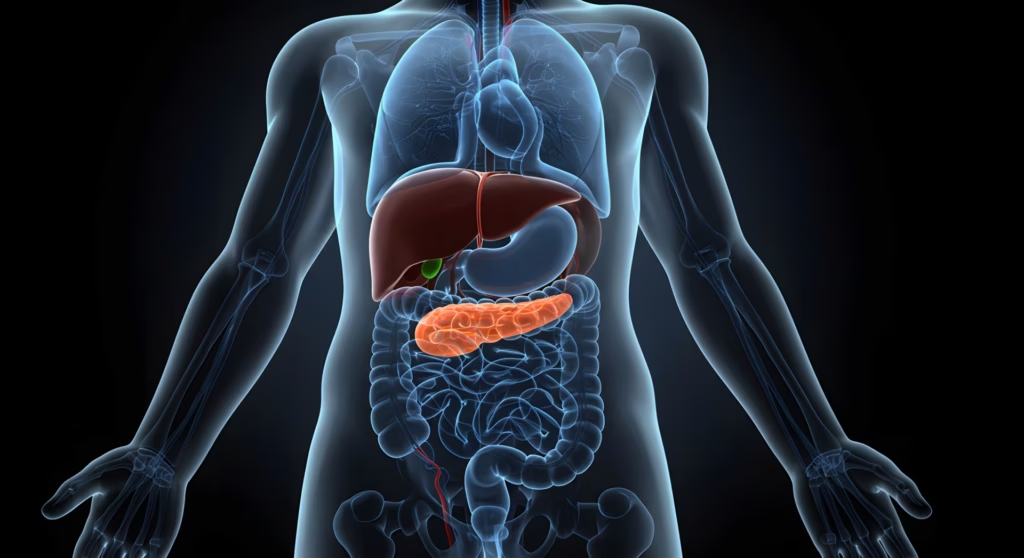
Coronavirus disease 2019 (COVID-19) is a life-threatening infection caused by severe acute respiratory syndrome coronavirus 2 (SARS-CoV-2).1 Diabetes mellitus is one of the most frequent comorbidities, related to hospitalization due to SARS-CoV-2 infection, as well as a risk factor for disease severity, ...
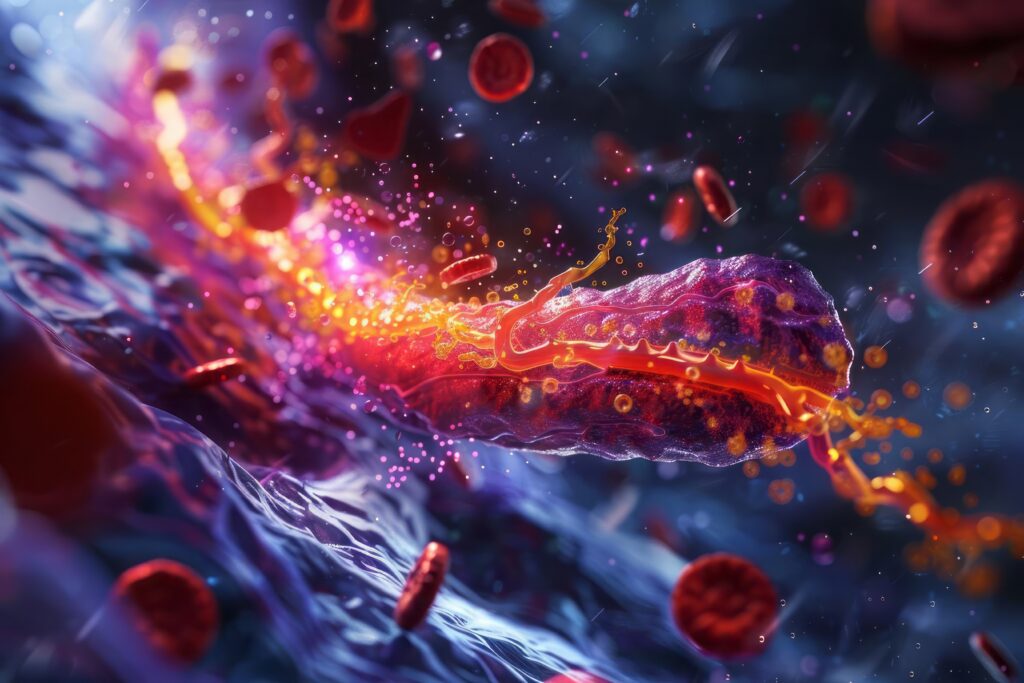
Dipeptidyl peptidase-4 (DPP-4) is a ubiquitous, multifunctional, 766-amino acid, type 2 transmembrane glycoprotein, which participates in the regulation of metabolic functions, immune and inflammatory responses, cancer growth and cell adhesion.1 It has two forms: the first is a membrane-bound form, which ...
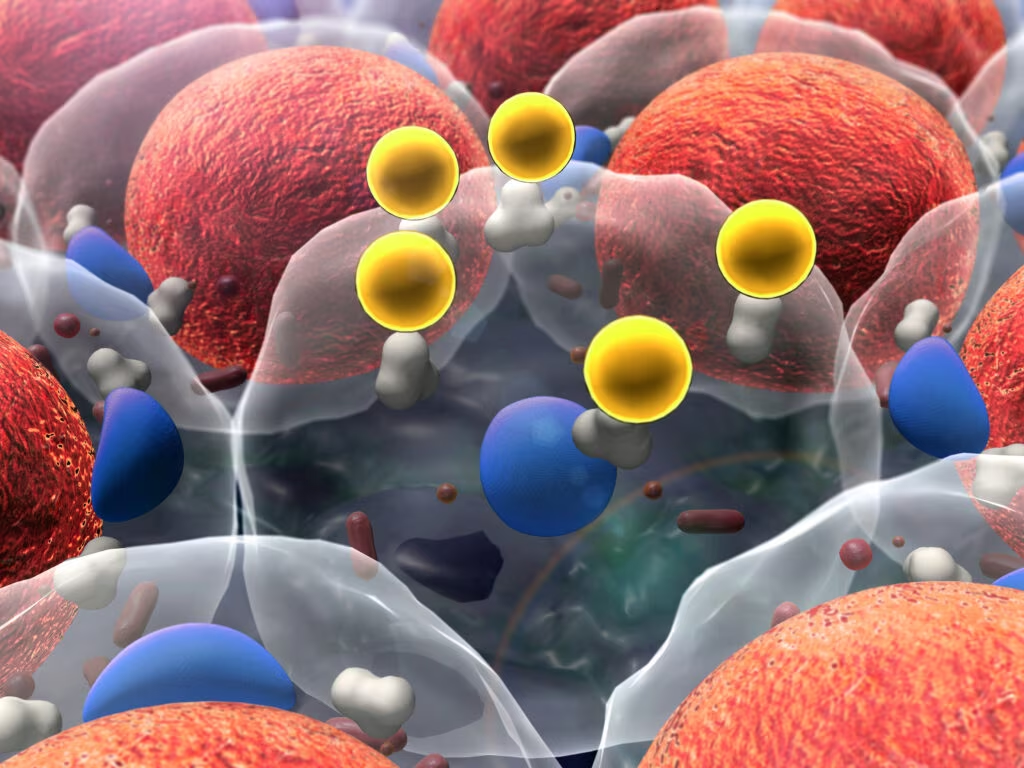
Hypertension affects up to 40% of the adult population worldwide,1 and according to the World Health Organization’s 2021 estimates, globally 1.28 billion adults between 18 and 79 years are affected.2 Of these, 85% have essential hypertension3 and the remainder have secondary hypertension, which is potentially ...

Article highlights Lavender and tree tea oils have in vitro oestrogenic and antiandrogenic activity. It has been postulated that these oils may cause prepubertal gynaecomastia and premature thelarche. The association is based on a small number patients (N=12) described in ...

Thyrotoxicosis refers to the signs and symptoms derived from excess circulating thyroid hormones in the body,1 which must be differentiated from hyperthyroidism, in which there is an increase in the synthesis and secretion of hormones by the thyroid gland.2 Approximately 1% ...

In this touchENDOCRINOLOGY interview, Prof. Jennifer Clements (University of South Carolina, College of Pharmacy, Columbia, SC, USA) joins us to discuss a study investigating the efficacy and safety of once-daily vs twice-daily insulin glargine in non-critically ill patients. The abstract ...
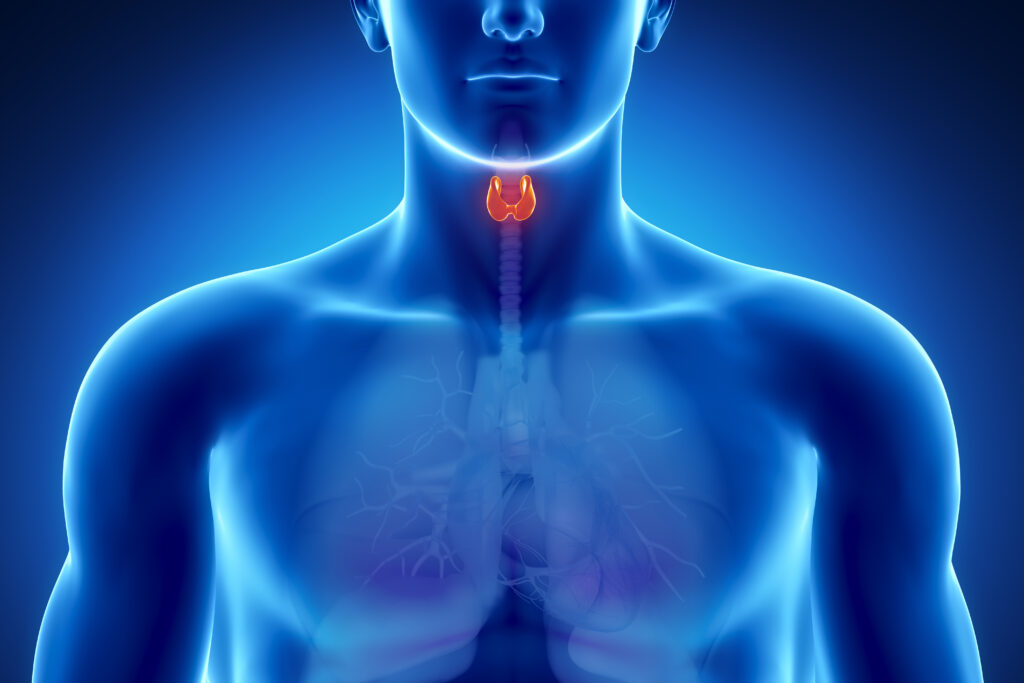
On 31 December 2019, the World Health Organization (WHO) was notified of several cases of pneumonia of unknown aetiology in Wuhan, China. After a relatively short period, officials confirmed the first case of coronavirus disease 2019 (COVID-19) reported outside of China, in Thailand, ...

Diabetes is one of the most common co-morbidities associated with hospitalizations for SARS-CoV-2 infection, with recent estimates of diabetes prevalence ranging from 33.8%1 to 58.0%2 among hospitalized patients with COVID-19 in the USA. Hyperglycemia during the first hours after cardiac arrest is ...

Immune checkpoints are small molecules that are present on the cell surface of T lymphocytes to regulate the immune response. While some of these molecules enhance the stimulatory signals, others boost the inhibitory signals to blunt the activity of T ...

Tuberculosis (TB), caused by Mycobacterium tuberculosis, continues to be a major cause of ill health and the most common cause of death attributed to a single microbial agent, across the world.1 However, an important limitation to the efforts of World ...

Adrenocortical carcinoma (ACC) is a rare malignancy, and presentation as bilateral adrenal masses and acute adrenal insufficiency is even rarer. Due to the relative commonality of other causes for bilateral adrenal masses, such as metastases or infiltrative diseases, they take ...

Management of patients with severe COVID-19 remains a challenge for physicians. In severe cases of COVID-19, a hyperactive innate immune response characterized by high serum levels of proinflammatory markers, known as a ‘cytokine storm’, is characteristically present. The cytokine storm ...

Hydroxychloroquine has been in clinical use for decades, being extensively used by rheumatologists across the globe for different autoimmune disorders (rheumatoid arthritis, lupus and Sjögren‘s syndrome, among others), across all age groups and including during pregnancy. Novel coronavirus ...

The role of testosterone is well established in health and disease.1 Testosterone is known to mediate physical, mental and reproductive health. Its role has been discussed in gender-specific variations related to conditions as diverse as cardiovascular, autoimmune, psychiatric and oncological ...

The coronavirus disease 2019 (COVID-19) pandemic has spread rapidly to become a global health threat. The disease is caused by severe acute respiratory syndrome coronavirus-2 (SARS-CoV-2), a novel β-coronavirus that belongs to a family of enveloped RNA viruses, the coronaviruses.1 While ...

“It is difficult to evaluate what did not happen.” – Academician, LV Gromashevsky The COVID-19 pandemic may be considered the first global health catastrophe in the past 100 years, since it has affected not only economic, political and medical paradigms, but also ...
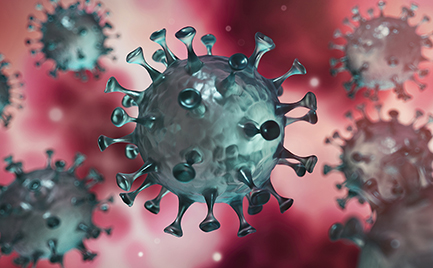
Sanjay Kalra,1 Atul Kalhan,2 Zhanay A Akanov3 Department of Endocrinology, Bharti Hospital, Karnal, India Department of Endocrinology, Royal Glamorgan Hospital, Cardiff, UK Kazakh Society for Study of Diabetes, Kazakhstan The coronavirus (COVID-19) pandemic has impacted human life in many ...
Latest articles videos and clinical updates - straight to your inbox
Log into your Touch Account
Earn and track your CME credits on the go, save articles for later, and follow the latest congress coverage.
Register now for FREE Access
Register for free to hear about the latest expert-led education, peer-reviewed articles, conference highlights, and innovative CME activities.
Sign up with an Email
Or use a Social Account.
This Functionality is for
Members Only
Explore the latest in medical education and stay current in your field. Create a free account to track your learning.


